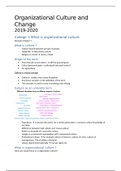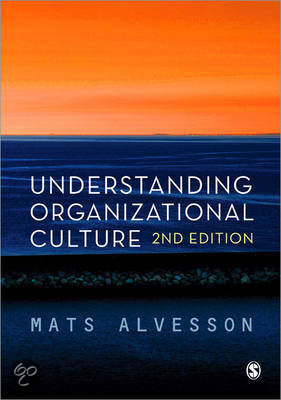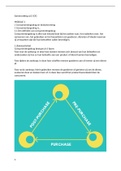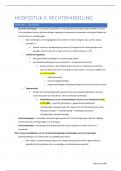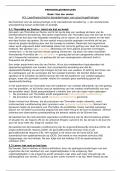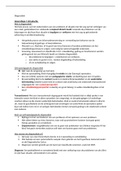College aantekeningen
OCC alle colleges , gast colleges , wrap-up. Behaald cijfer: 8,5
- Instelling
- Vrije Universiteit Amsterdam (VU)
Ik heb een 8,5 gehaald voor het tentamen. Dit document bevat alle colleges inclusief gast colleges, films en wrap-up. Voornamelijk in het Engels enkele dingen en films in het Nederlands
[Meer zien]
